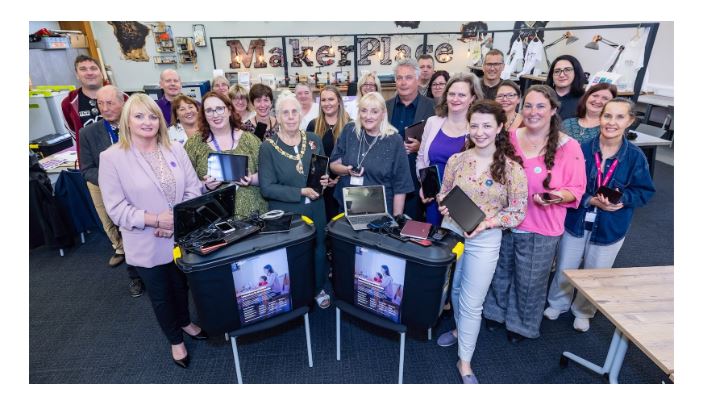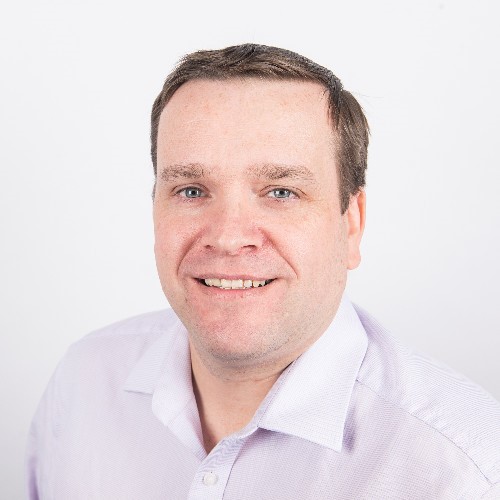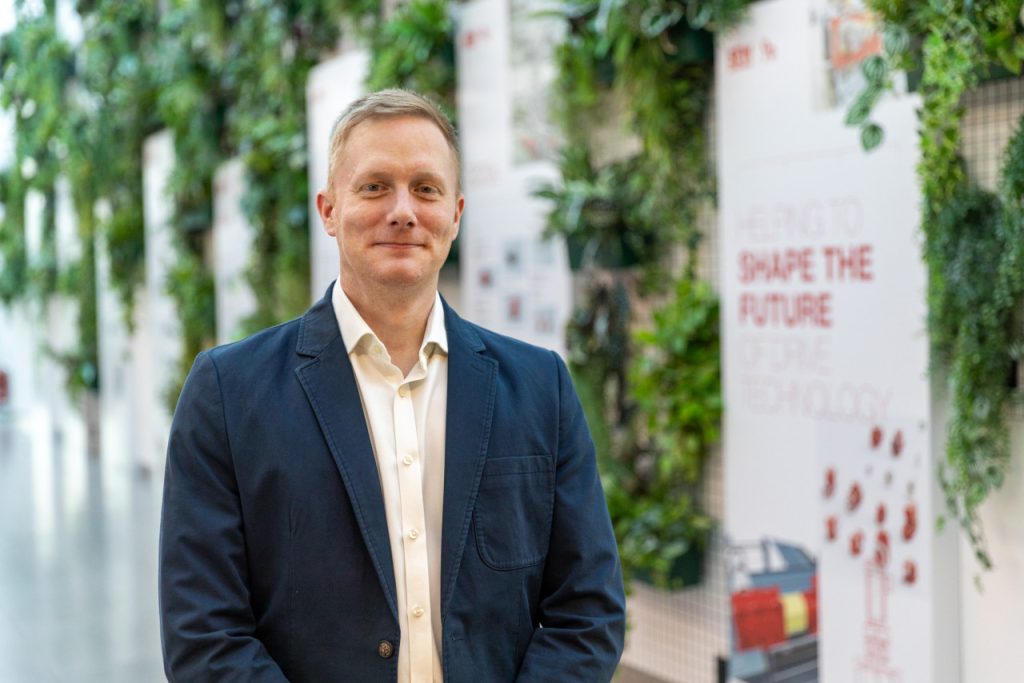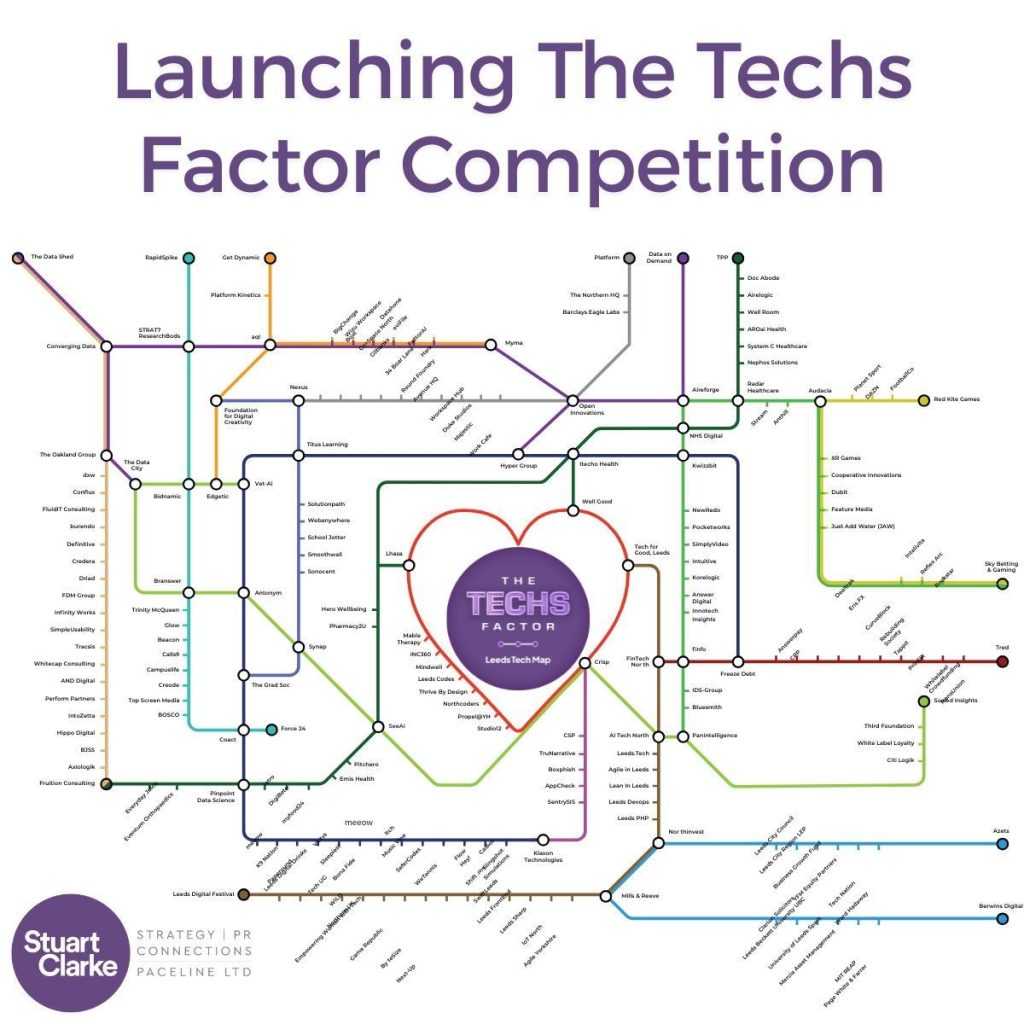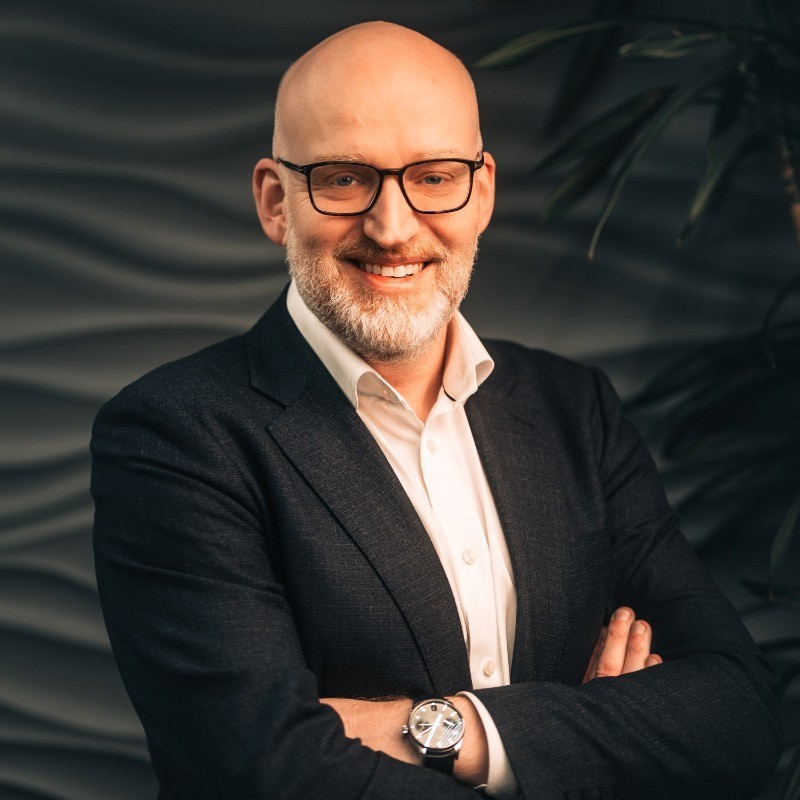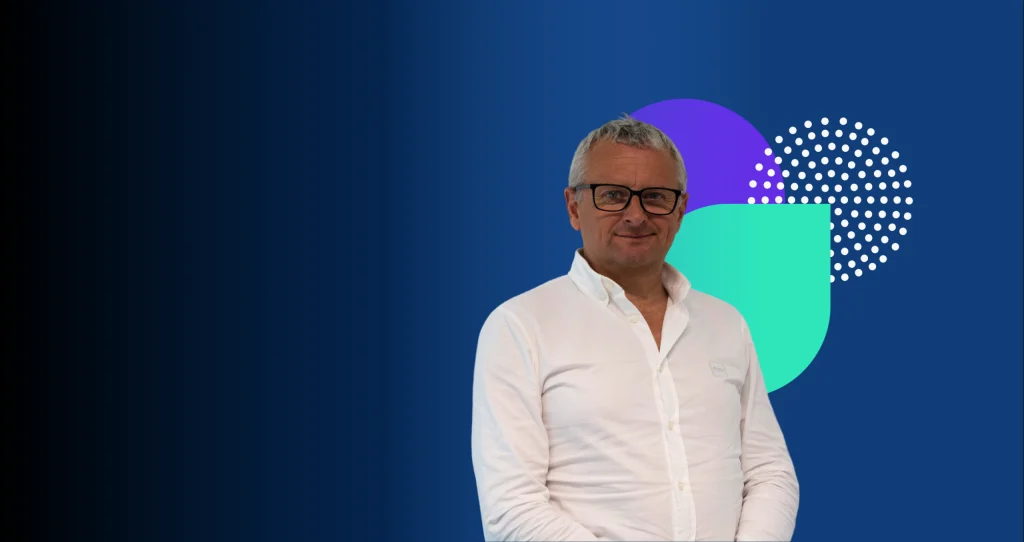The Digital Poverty Alliance (DPA) has started a new initiative called Tech4Communities in Gateshead to address digital poverty and e-waste. The project involves collecting used devices from residents, refurbishing them, and then redistributing them to individuals and families in need.
The DPA is encouraging local residents to donate unwanted laptops, tablets, and smartphones at drop-off points located around Gateshead. According to Gateshead Council, about 33,000 (16 per cent) people in Gateshead reside in one of England’s 10 per cent most deprived areas, and the Northeast of England is considered the most digitally deprived region in the country.
Community members who receive devices through referrals from local organisations or self-referral will be able to access essential services such as education, welfare, health, and employment. In addition to the devices, recipients will be given resources to develop digital skills and media literacy.
The DPA’s initiative adds to wider national strategies, such as the Digital Inclusion Action Plan, which aims to tackle digital poverty by 2030. The project is based on the DPA’s experience with device donation schemes in other parts of the UK. National research indicates there are more than 55 million unused mobile phones in UK homes, with 16 per cent of households admitting they hold onto technology they are unlikely to use again. This is partly because 44 per cent of households are unsure how to dispose of devices in a way that minimises environmental impact.
The Mayor of Gateshead, Councillor Freda Geddes, said, “Tech4Communities will help people who are currently less connected to the online world to access education, jobs and health support, as well as connect with friends, family and our wider communities in new ways. Refurbishing and recycling tech that can still be used also helps us to create greener and kinder communities in Gateshead, which we all benefit from.”
The Deputy Leader of the Council, Councillor Gary Haley, added@ “The digital divide is a significant problem when it comes to education, as homework and learning resources continue to move online. This project will support more young people to access what they need outside of educational settings. I’m delighted to be able to support the launch of this project and encourage Gateshead residents to donate their unwanted tech for our communities to one of our new donation points.”
The project is funded by Connected Voice through North East Combined Authority (NECA) funding. Over the next year, devices will be collected, refurbished, and prepared for redistribution, with distribution planned for 2026.
Elizabeth Anderson, CEO of the Digital Poverty Alliance, commented: “Digital exclusion is one of the defining inequalities of our time and it’s unacceptable that so many people are locked out of opportunities and access to essential services simply because they don’t have access to a device. Through this project in Gateshead, we’re not only helping to close the digital divide but also tackling the growing issue of e-waste. By working hand-in-hand with local communities, we can ensure that unused technology is put to powerful use, connecting people to education, employment, healthcare and more to create long-term, lasting and meaningful change.”
The work is part of a delivery model the DPA developed through past programmes such as Tech4Families and Tech4Youth.
Image source: Digital Poverty Alliance

